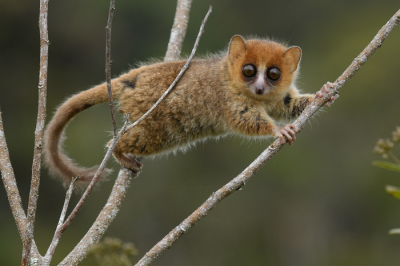Engineered Poplar Lignin Has More of a Valuable “Clip-off” Chemical
Department of Energy, Office of ScienceLignin, the complex polymer that gives plants their structural integrity, makes them difficult to break down and creates challenges for the creation of biochemicals and bioproducts. Building blocks that are present in small amounts in the lignin of the bioenergy crop poplar are valuable platform chemicals that are easy to “clip-off” during plant deconstruction. Scientists engineered a new type of poplar to have more of a specific building block in its lignin and less lignin overall. This results in wood that is easier to deconstruct and more valuable as a bioproduct raw material.







































